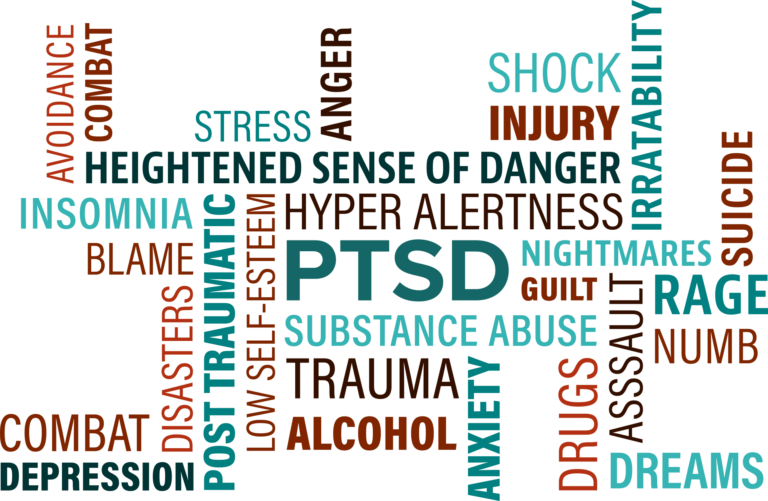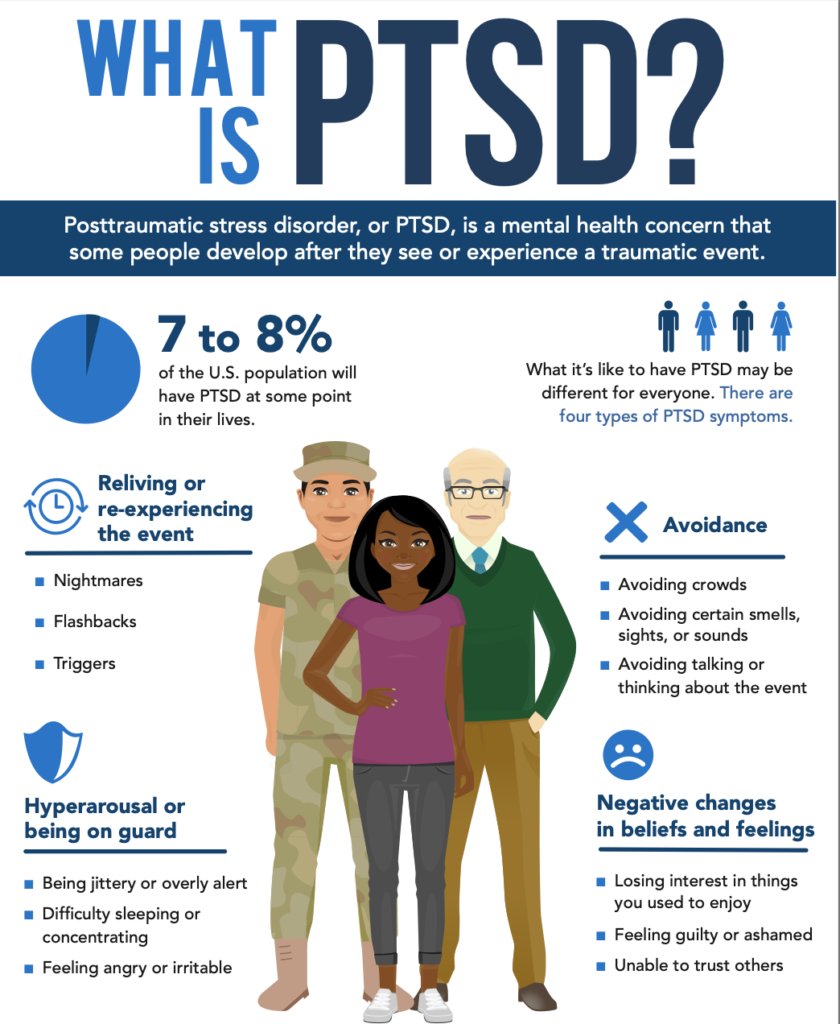Trauma
Trauma, PTSD can feel like you are living a life that is overwhelming. You might feel lonely in the world around you and avoid certain places or people. Through all of it, you may have found unhealthy ways to cope.
Talking about your trauma does not mean you need to relive the details. But talking about it, is necessary for the healing process. It is important to feel and express natural emotions that come up after a trauma such as sadness and fear.
When we talk about painful experiences with a safe, supportive, and attuned human, we learn that the trauma can be dealt with and difficult emotions can be tolerated. Memories can be organized in a healthy way rather than developing problematic beliefs and self-blame (e.g., “this is all my fault.”).
There are many evidence-based therapies shown to be effective in reducing PTSD symptoms. Attending therapy is an act of self-love and perseverance. Don’t deny yourself life-changing support. As your provider, I am here to support you every step of the way.


You have CHOICE in YOUR treatment.
With multiple treatment options, we will collaboratively discuss the best approach for YOUR goals and what you want to achieve. You do not have to make this decision alone.
The following treatments have scientifically shown to reduce mental health symptoms.
Trauma Specialties ↗
- Military and Veterans
- Adult Trauma Survivors
- Complex PTSD
- Military Sexual Assault (MST)
- Co-occuring PTSD/Addiction
- PTSD & Anxiety/Depression
- Childhood Abuse
Treatment ↗
- Cognitive Processing Therapy (CPT)
- Prolonged Exposure (PE)
- Eye Movement Desensitization & Reprocessing Therapy (EMDR)
- Written Exposure Therapy (WET)
- Dialectical Behavioral Therapy (DBT)
- Acceptance and Commitment Therapy for PTSD (ACT-PTSD)
- Present Centered Therapy (PCT)
- Skills Training for Affective and Interpersonal Regulation (STAIR)
- Cognitive Behavioral Therapy for Insomnia (CBT-I)
- Recreation Therapy
- Moral Injury – Adaptive Disclosure
- Warrior Renew Program
Assessment ↗
- PTSD utilizing gold standard Clinician Administered PTSD Scale for DSM-5
- Diagnostic Clarification
Information from www.mentalhealth.va.gov
